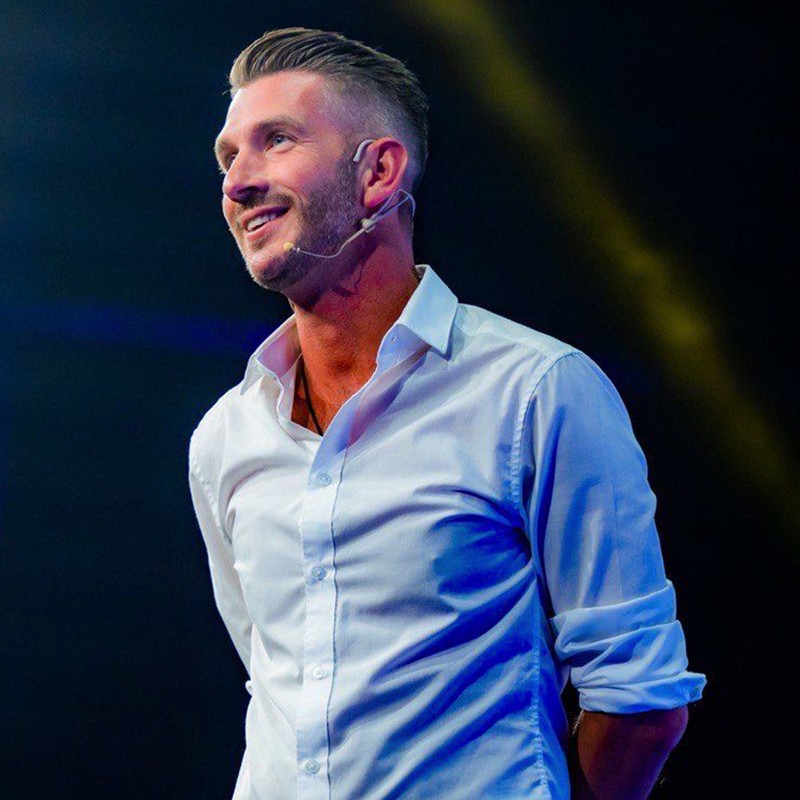A Biohacker Shares His Health Rules
Biohacking is about optimising your wellbeing. Think improved physical ability, cognitive function and mental health. It’s taken over Silicon Valley – tech gurus and millionaire entrepreneurs do it, but there are so many ways to dip your toe in. When I launched the Health Optimisation Summit in 2019, I did a survey on Oxford Street, asking 350 people if they’d want to biohack themselves. Less than 10% of people knew what I was talking about, let alone wanted to try it for themselves. However, when I asked if they’d want to optimise their health, 94% said yes. Ultimately, biohacking is about using ancestral wisdom and primal living techniques to live a healthier life – it’s that simple.
I wake with sunrise. I’ve banned alarm clocks in my house, and instead wake and sleep with the timings of the sun. The first thing I do when I wake up is drink a large glass of mineralised water and take a chlorophyll supplement – it’s fantastic for digestion. I then meditate for ten minutes, reflecting on the previous day, and read or listen to pre-recorded affirmations for 30 minutes. I then exercise for 45 minutes, including ten minutes on my rebounder (a mini trampoline), which is a great way to get the lymphatic system going and support energy levels. I mainly strength train, using a variety of kettlebells and free weights. I keep these dotted around the house so I can use them throughout the day.
Walking barefoot on grass can be seriously powerful. Known as grounding, it’s the practice of being in direct contact with the earth, and it can significantly improve wellbeing and reduce stress. It’s been around for centuries but was only recently studied and given a name by Clint Ober, an electrical engineer who became invested in the topic after he was diagnosed with major health issues. Large-scale studies have now been done on grounding, including peer-reviewed studies proving how effective it is for the body. Whatever the weather, I try and get outside barefoot for at least ten minutes a day. It releases tension, improves sleep, reduces inflammation and supports immunity.
Drinking filtered water is important. If you can sleep well and drink filtered water, you’ve done two fantastic things for your health. If you’re sleeping and hydrating properly, you’ll be 60% more resilient to getting colds and flus. Tap water in the UK is crap – it’s full of antibiotics, hormones and heavy metals when it should be full of electrolytes and minerals. If your body is properly remineralised, your immune system is significantly stronger. I have been using a reverse osmosis water system at home for years – it removes impurities and creates one of the purest forms of water. You can also mimic the effects by adding a pinch of Celtic sea salt to your water – this replaces minerals in exactly the right ratios the body needs.
Bulletproof coffee isn’t all it’s cracked up to be. Adding butter and MCT oil to your morning coffee was one of the original biohacking hacks, but it’s not for everyone. Advocates of bulletproof coffee claim it supercharges cognitive function, improves physical performance and suppresses appetite, but over the years I’ve realised I work better on a smaller eating window and a protein-rich, lower-carb diet. I do drink coffee but drink it black and stick to one or two good-quality cups per day – I often stir in a spoonful of collagen powder (great for skin and gut health) and add a small amount of raw dairy milk. Too much coffee stresses your adrenals, which can ultimately affect stress levels and hormones.
I have my first meal around 11am. Countless studies show men thrive on an eight to ten-hour eating window, so if you can push your breakfast back to later in the morning, or even to lunchtime, that’s great. Ancestrally, this is how man would have eaten – he would have risen at sunrise to go and hunt for the family and would have gone for hours without food. What you eat for breakfast dictates your blood sugar response for the rest of the day, so avoid traditional breakfast options like bread and cereal, and instead choose a protein and fat-rich option like eggs and avocado. Protein doesn’t spike blood glucose and provides you with longer-lasting fuel than carbs. Protein also breaks down into amino acids, which are precursors to neurotransmitters, the brain’s feel-good hormones. Swap your bowl of cereal for avocado and eggs on toast and you’ll feel far better for the rest of the day. If you really can’t live without cereal, try a low-sugar granola.
A standing desk is a proven way to aid concentration and focus. When you stand, blood flows significantly better, which is great for engaging your brain. By balancing on your feet, you also engage the core and muscles in the lower body. I use a standing desk at home and stand for most of the day.
I have blood tests every three months. I highly recommend Omnos – it offers a range of tests, some of which can be done at home, measuring everything from your testosterone levels to thyroid function and blood count. I get tested regularly to keep an eye on vitamin and nutrient deficiencies and then supplement accordingly. At the moment, I’m taking creatine to support muscle synthesis, collagen for my gut health and adding chaga powder to smoothies. Don’t be lured by CBD – it claims to be the cure-all for everything, but it only works on a short-term basis. If your diet and lifestyle aren’t great, your endo-cannabinoid receptors will likely be empty, meaning CBD will work like a charm, but once any deficiencies have been corrected (usually within four to six weeks), you won’t continue to see results.
Sleep is the best thing you can do for your immune system. Since the Covid-19 pandemic, our obsession with immunity has exploded – we take every supplement we can, we neck antioxidants, hook ourselves up to IV drips and spend thousands on spa retreats. However, looking after your immune system comes down to being well rested, and that comes through quality sleep. When you sleep, your body reverses the damage that’s been done during the day – it heals itself. A recent study found you’re 40% more likely to come down with the flu if you have less than six hours of sleep. As a nation, we are chronically under-slept – we use blue light devices before bed and wake to an alarm on our phone, it’s like a vicious cycle for the immune system. If you do anything, optimise your sleep.
Blue-blocking glasses are a game-changer. Computer and smartphone screens produce blue light (as opposed to the sun, which produces short wavelength light), which reduces melatonin production, preventing sleepiness in the evening. If you’re not tired when it’s time for bed and wake up feeling exhausted, try using a pair for one to two hours in the evening. They can make a real difference when it comes to regulating the circadian rhythm and helping you fall asleep faster.
I use an Oura ring to track my sleeping patterns. There’s never been more choice when it comes to health wearables, but the Oura gets my vote as it provides a daily overview of whether to push it hard or take it easy, taking into account how you slept, your oxygen levels and your heart rate variability (HRV). HRV is one of the biggest indicators for overall health.
Get your body hot at least twice a week. Infrared saunas are great if you have access to one – if not, an Epsom salt bath is just as effective. By heating your body from the inside out, they encourage the body to expel toxins and support your cardiovascular system. We’re exposed to toxins every day and it’s so much more than pollution – old Teflon pans, toothpaste, memory foam mattresses and laundry detergent are some of the worst offenders, as are 100% polyester boxers and underwear. One study even found polyester boxers were 100% effective as a contraceptive. This may sound far-fetched but making small changes will make a difference to your health – drink from a BPA-free water bottle, swap your cleaning products for eco alternatives, wear cotton underwear and get fresh air when you can. It’s about finding the sweet spot as to what’s realistic and where you can minimise your risks.
For more information and biohacking tips, head to Summit.HealthOptimisation.com and follow @TimBiohacker on Instagram.
Shop The Expert’s Health Essentials Here
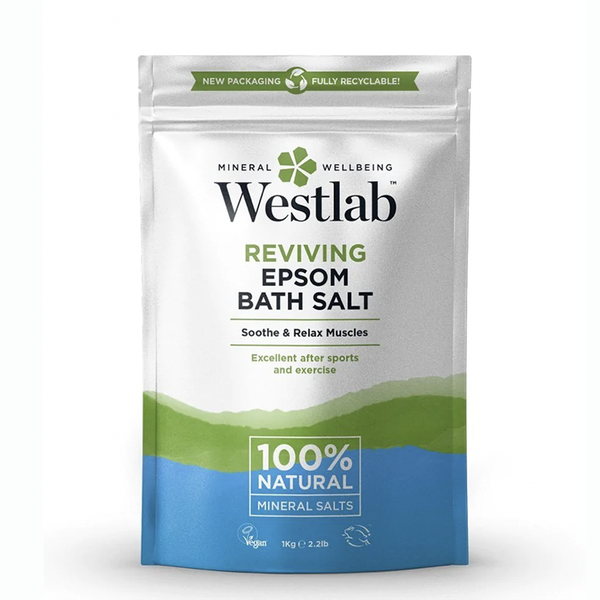
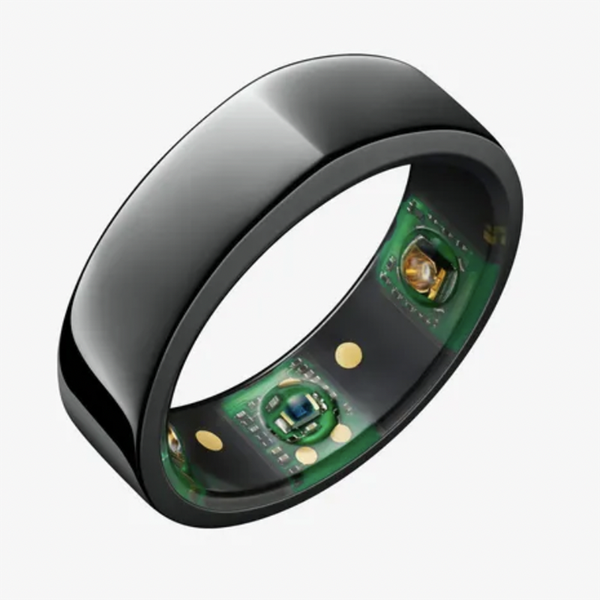
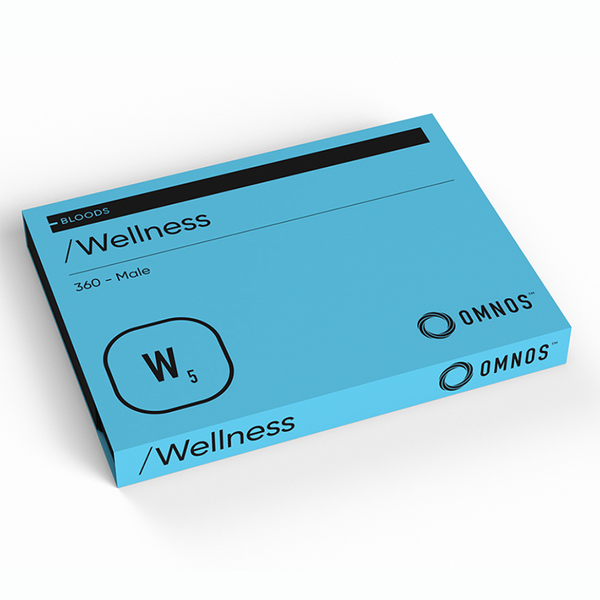
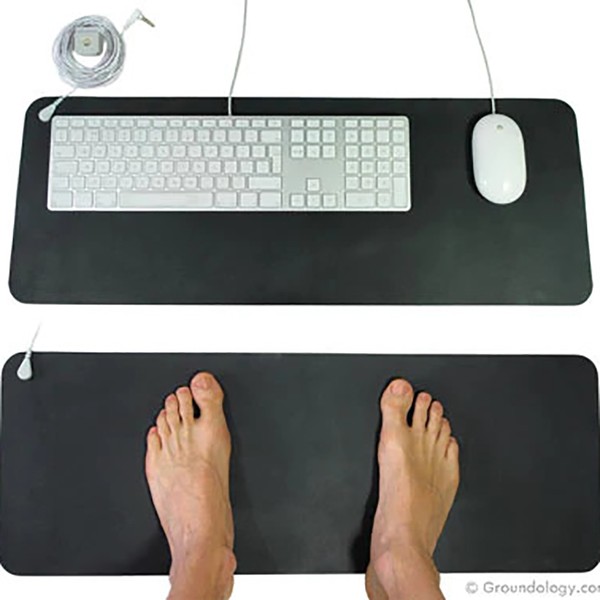
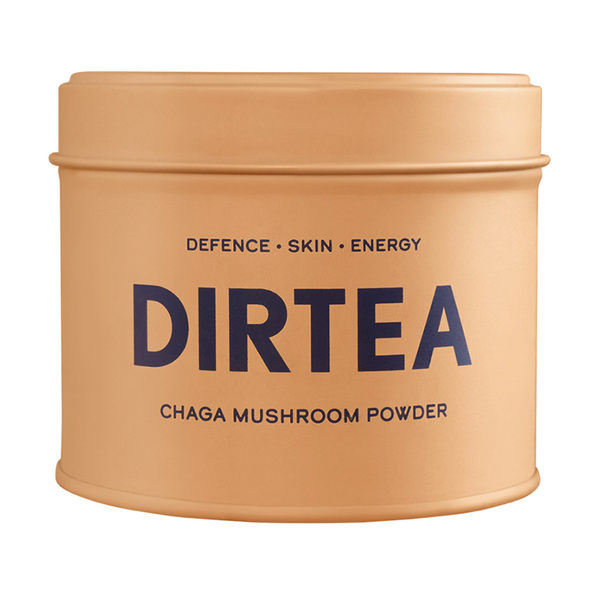
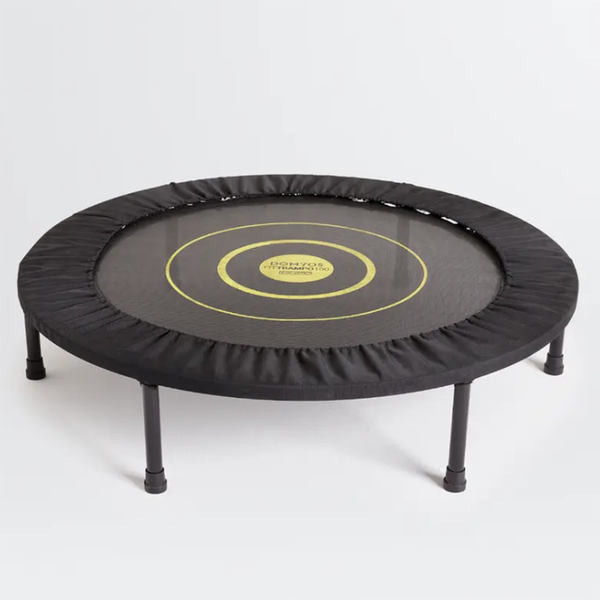
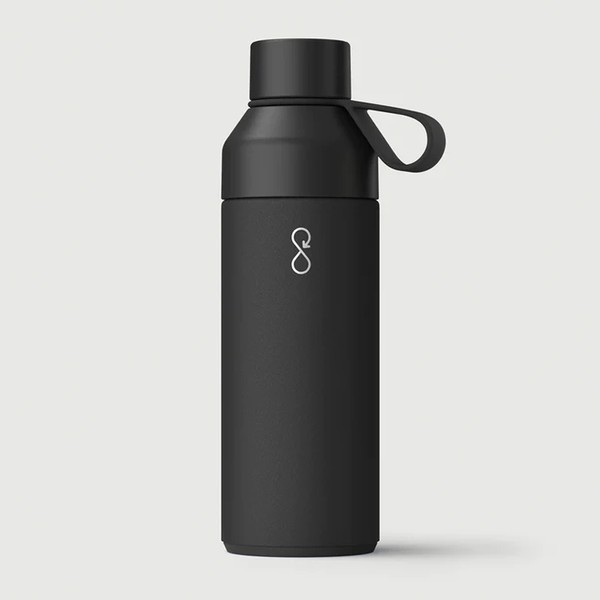
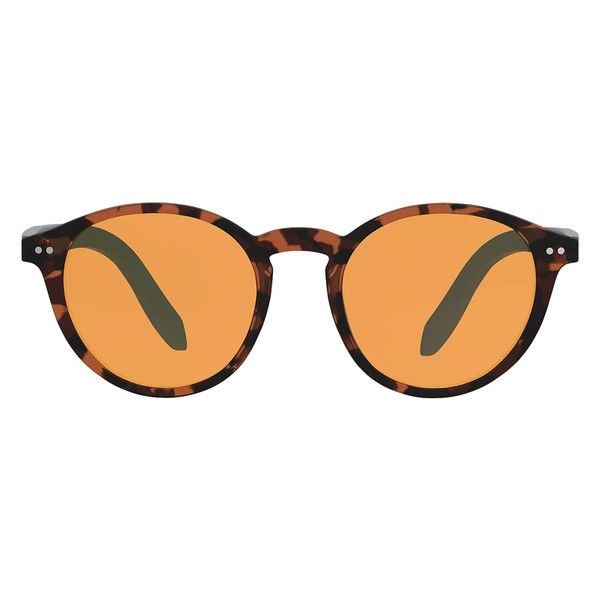
All products on this page have been selected by our editorial team, however we may make commission on some products.
DISCLAIMER: We endeavour to always credit the correct original source of every image we use. If you think a credit may be incorrect, please contact us at [email protected].
